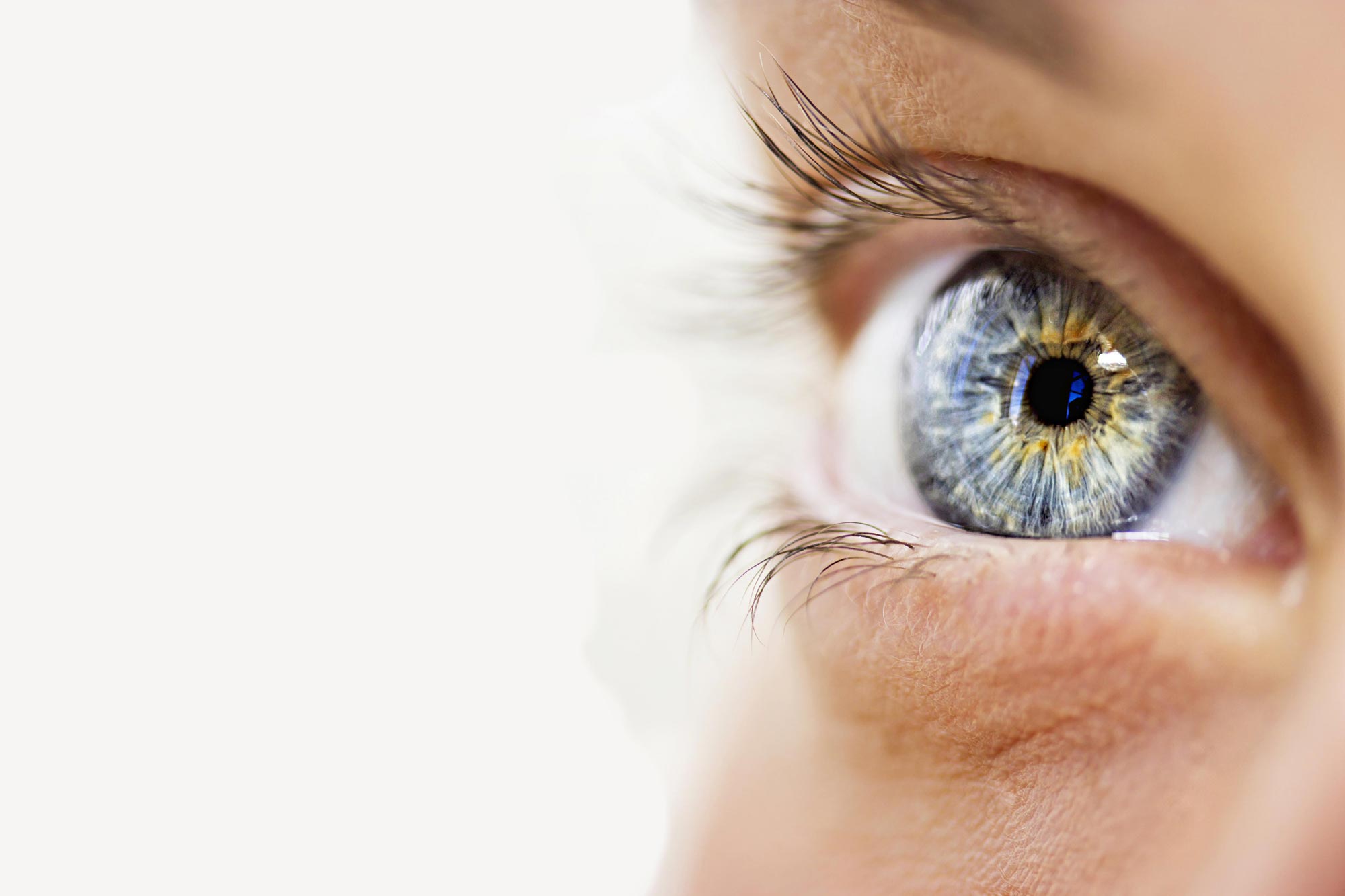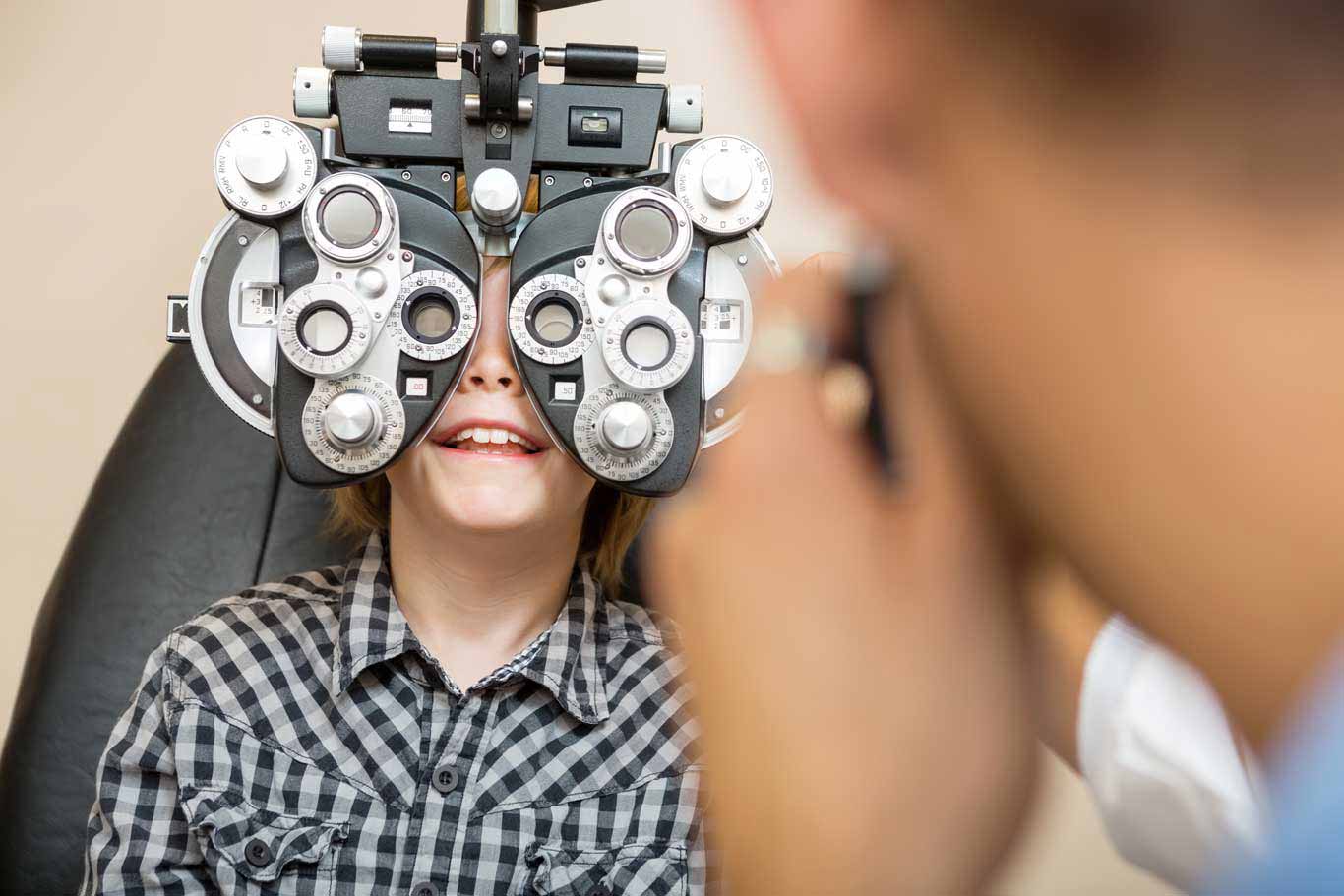Optometrist Montgomery: Quality Eye Treatment and Vision Solutions
The Significance of Regular Eye Examinations: Insights From a Seasoned Ophthalmologist
Normal eye examinations act as a vital element of health care that expands past mere vision modification. A skilled ophthalmologist can give insights into exactly how these analyses not just find typical eye conditions however also reveal underlying wellness problems that may or else go undetected. The silent development of illness such as glaucoma and macular degeneration emphasizes the requirement of early discovery. Recognizing the frequency and significance of these analyses can eventually influence one's lasting health and wellness trajectory, raising the question of just how usually people must prioritize their eye health and wellness in the context of overall health.
Advantages of Routine Eye Tests
Although lots of individuals might overlook the relevance of regular eye tests, these evaluations play an essential duty in maintaining general wellness and wellness. Normal eye assessments serve not only to analyze vision however additionally to find early indicators of systemic health and wellness concerns, including diabetes and hypertension. By recognizing these conditions at their beginning, patients can obtain timely treatments, dramatically enhancing long-lasting end results.
Furthermore, eye exams can aid in keeping track of existing wellness issues, making sure that any adjustments in vision or eye wellness are promptly dealt with (optometrist). The evaluations permit personalized suggestions pertaining to glasses, lifestyle adjustments, and protective procedures versus possible eye pressure or damages
Beyond physical health, the advantages of routine eye examinations extend to boosting high quality of life. Ultimately, focusing on eye tests promotes an aggressive technique to health and wellness administration, equipping individuals to take cost of their well-being.
Common Eye Issues Detected
Routine eye tests are critical in discovering a selection of typical eye conditions that can dramatically affect vision and overall health and wellness. Among one of the most prevalent problems identified throughout these assessments are refractive mistakes, including nearsightedness (nearsightedness), hyperopia (farsightedness), and astigmatism. These problems frequently show up as blurred vision and can be conveniently corrected with prescription glasses or call lenses.
An additional typical concern is glaucoma, a group of eye illness that harm the optic nerve, often linked to boosted intraocular stress. Early detection is crucial as it can stop irreversible vision loss.
Age-related macular deterioration (AMD) is an additional considerable problem that influences central vision, specifically in people over 50. Lastly, diabetic retinopathy, an issue of diabetic issues, can cause serious vision impairment otherwise checked consistently. Through extensive eye tests, these problems can be determined early, enabling prompt monitoring and therapy to maintain vision and boost quality of life.
Value of Very Early Discovery
Very early discovery of eye problems plays an essential role in maintaining vision and avoiding considerable health problems. Many eye conditions, such as glaucoma, diabetic person retinopathy, and age-related macular deterioration, can proceed calmly without recognizable signs and symptoms in their onset. By the time signs and symptoms manifest, permanent damages may have happened, bring about irreversible vision loss.
Normal eye tests assist in very early medical diagnosis, allowing for prompt treatment and therapy. As an example, treating elevated intraocular pressure can prevent the start of glaucoma, while managing blood sugar level degrees can dramatically minimize the risk of diabetic retinopathy. In addition, conditions like cataracts can be successfully managed with surgical treatment when identified early.

Just How Often Should You Go To?
Establishing the frequency of eye exams is vital for preserving optimum eye health and vision. The general referral for grownups is to have a thorough eye test each to 2 years, relying on specific threat variables and age. For people matured 18 to read this 60, an examination every 2 years is normally enough if no vision issues exist. Nevertheless, those over 60 must think about annual exams, as the risk of age-related problems raises dramatically.
Individuals with details danger aspects, such as a family history of eye condition, diabetic issues, or existing vision issues, may require even more regular evaluations. Youngsters must have their very first eye exam at 6 months of age, followed by added examinations at age three and prior to going into institution. Regular exams during childhood are crucial as vision can change swiftly during developing years.
Eventually, the frequency of gos to should be customized to every individual's conditions, consisting of way of living, work-related dangers, and any type of pre-existing eye conditions. Consulting with an eye treatment specialist can offer personalized recommendations, ensuring that your eye wellness is regularly kept an eye on and maintained.
Tips for Your Eye Test
Preparing for your eye test can enhance the effectiveness of the browse through and make sure an extensive analysis of your eye health. To optimize your time with the eye doctor, it is critical to collect relevant site web info before your visit. Start by putting together a checklist of any drugs you are currently taking, including over the counter medicines and supplements, as these can influence eye health.
Additionally, document any kind of symptoms you have actually experienced, such as blurred vision, pain, or headaches. This info will certainly aid your eye doctor in identifying potential problems. If you put on glasses or contact go lenses, bring them along, even if you don't use them routinely. This will assist the medical professional assess any type of adjustments in your vision.
It is likewise beneficial to have a household history of eye conditions available, as genetic variables can contribute to your eye health and wellness. Lastly, take into consideration arranging your test temporarily when you are much less hurried, permitting you to ask inquiries and discuss your issues thoroughly. By preparing properly, you ensure that your eye test is effective and that your optometrist has all the essential info to offer the most effective treatment possible.

Verdict
Normal eye exams play an important duty in maintaining both vision and general wellness. Ultimately, prioritizing detailed eye analyses adds considerably to the preservation of vision and the renovation of top quality of life, underlining the necessity of routine eye care in preventative medical care strategies.
Regular eye exams are important in identifying a selection of common eye conditions that can substantially influence vision and total health.Figuring out the regularity of eye tests is important for preserving optimum eye wellness and vision.Preparing for your eye exam can enhance the efficiency of the visit and guarantee a complete analysis of your eye health (optometrist). By preparing sufficiently, you make sure that your eye test is productive and that your eye physician has all the needed details to give the finest treatment feasible
Inevitably, focusing on comprehensive eye assessments contributes considerably to the conservation of vision and the renovation of top quality of life, highlighting the requirement of routine eye care in preventive healthcare techniques.